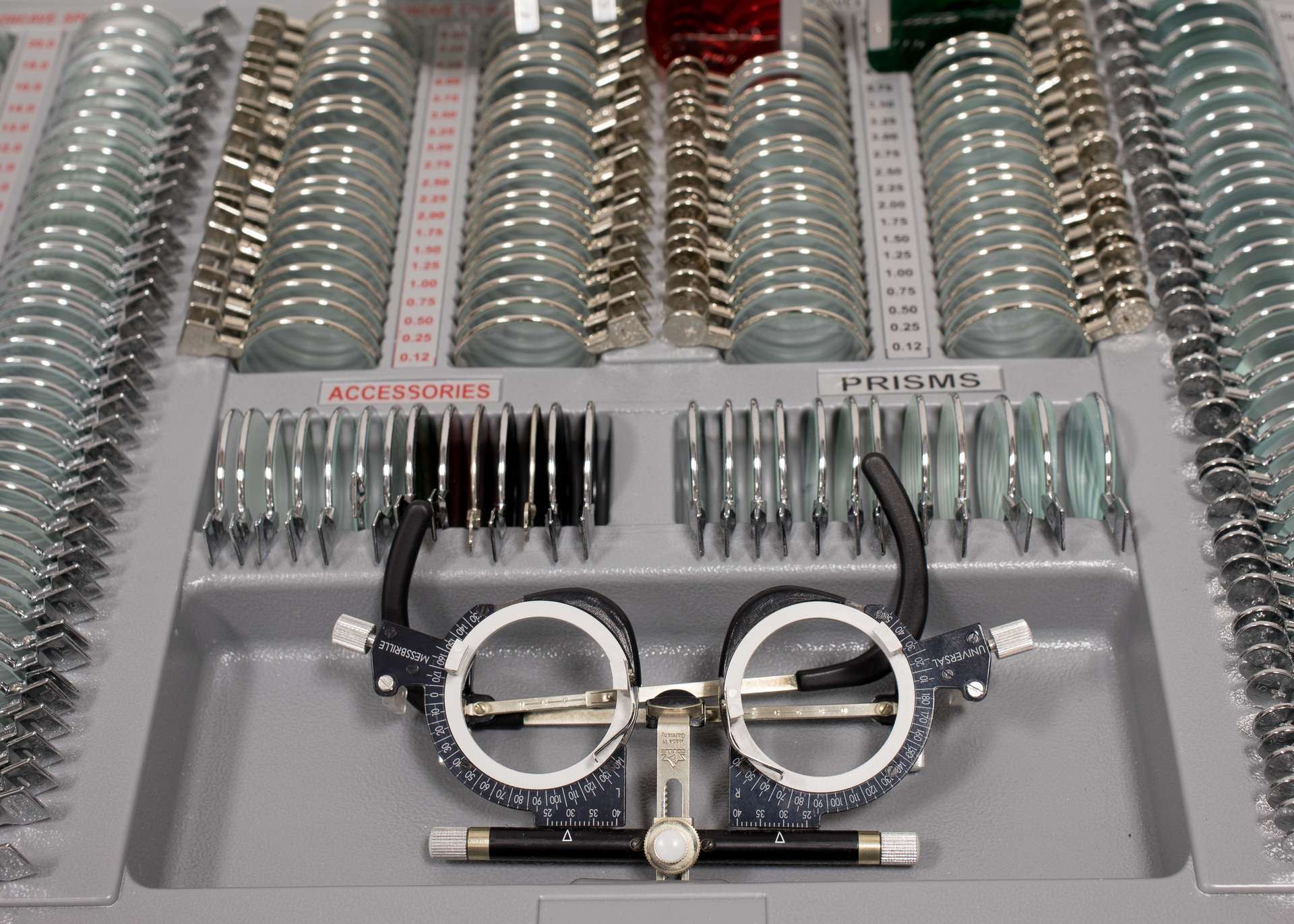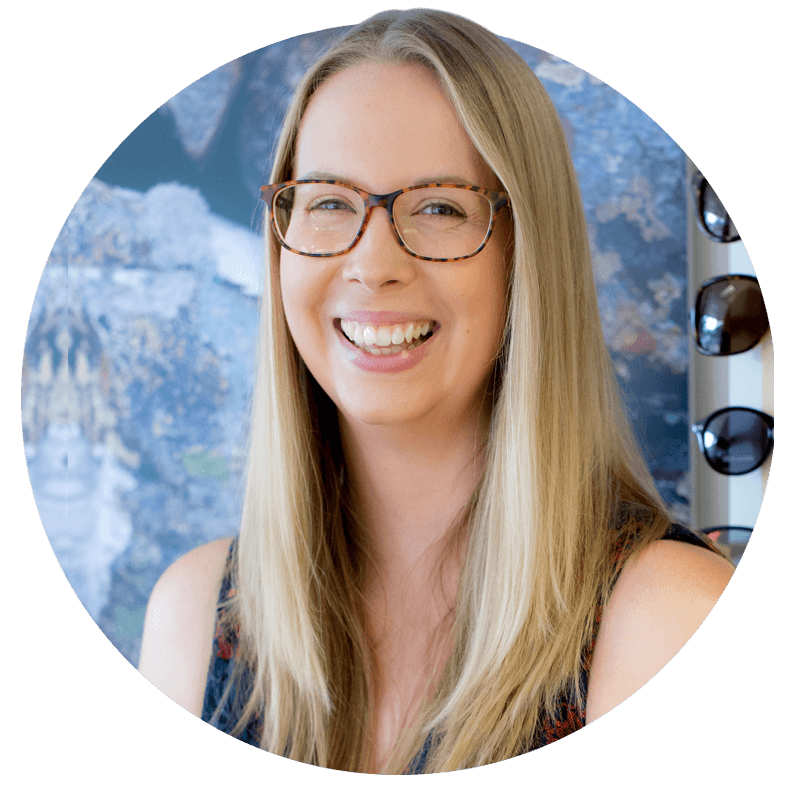What is myopia?
Myopia (short-sightedness) occurs when the eye is physically too long, meaning that light entering the eye doesn’t reach the light-sensitive cells (retina) as intended. This leaves vision blurred. This is usually corrected with glasses or contact lenses.
Why is myopia a problem?
As well as requiring glasses or contact lenses to correct, myopia, in particular high myopia, can lead to an increased risk of eye disease and loss of vision. This is because a myopic eye is an eye that is too large and the structures of the eye become stretched compared to an eye that isn't myopic. The most concerning risks of loss of vision come from retinal disease such as retinal detachment, myopic macula degeneration and glaucoma.
Did you know?
The onset of myopia is getting younger; in 1983 the average age of onset was 11, in 2000 it was 8. The younger the onset of myopia the higher the level of myopia is likely to become.
There is a significant genetic link; there is a 31% chance of a child being myopic if one parent is and a 46% chance if both parents are myopic. Studies suggest that children are becoming more myopic than their parents.
Myopia is linked to lifestyle factors. Increased time indoors and near tasks have doubled the prevalence of myopia in the last 50 years.
Myopia management.
There have been extensive studies into slowing the rate of myopia progression and there are now several options available.
At Keyes Eyecare we offer two options with specific designs for myopia management contact lenses and glasses. These can be used together, if necessary.
We have a number of contact lens options, the most popular being MiSight, which are daily disposable lenses designed by Coopervision.
For myopia management spectacles, we use a special lens called MiYOSMART which are developed by Hoya.
Both MiSight and MiYOSMART are part of ongoing trials, the results of which so far have shown up to 50% reduction in the progression of myopia. This is very significant as studies have shown that the higher the level of myopia, the greater risk of complication and myopia related partial sightedness or blindness later in life.
How does myopia management work?
Conventional spectacle lenses or contact lenses correct myopia by diverging central light so it comes into focus at the back of the eye, forming a clear image. However, not all light coming into the eye behaves in the same way; light focussing in the eye peripherally behaves differently to the light coming in centrally.
In children who are becoming myopic, the peripheral light tends to focus behind the retina. Because this peripheral light does not focus on the retina it is thought that the eye responds by growing longer to bring this peripheral image in to focus.
Whilst the larger eye reduces peripheral blurring, it also makes the eye increasingly myopic. By wearing glasses or contact lenses prescribed for myopia management, peripheral blur can be managed, and the growth of the eye reduced. Doing this reduces the progression of myopia. On average a 50% reduction in myopia progression is achieved.
What costs are involved?
Our myopia management scheme is £48 per month. The plan covers either spectacle management using MiYOSMART spectacle lenses or contact lens management using MiSight daily disposable contact lenses.
For MiSight contact lenses the Direct Debit plan includes:
- All appointment fees
- Daily disposable contact lenses
- Replacement contact lenses if needed(other contact lens options may be advised, for a supplementary monthly fee)
For MiYOSMART spectacle lenses the Direct Debit plan includes:
- All appointment fees
- A frame with MiYOSMART spectacle lenses
- One pair of replacement MiYOSMART spectacle lenses if any damage or loss occurs



